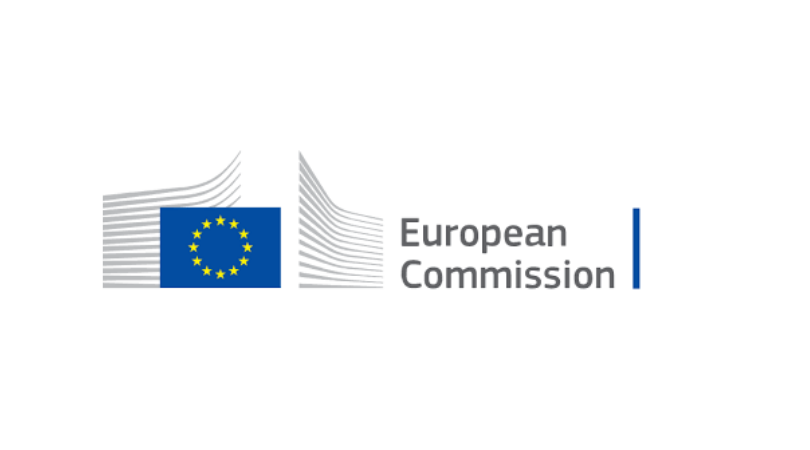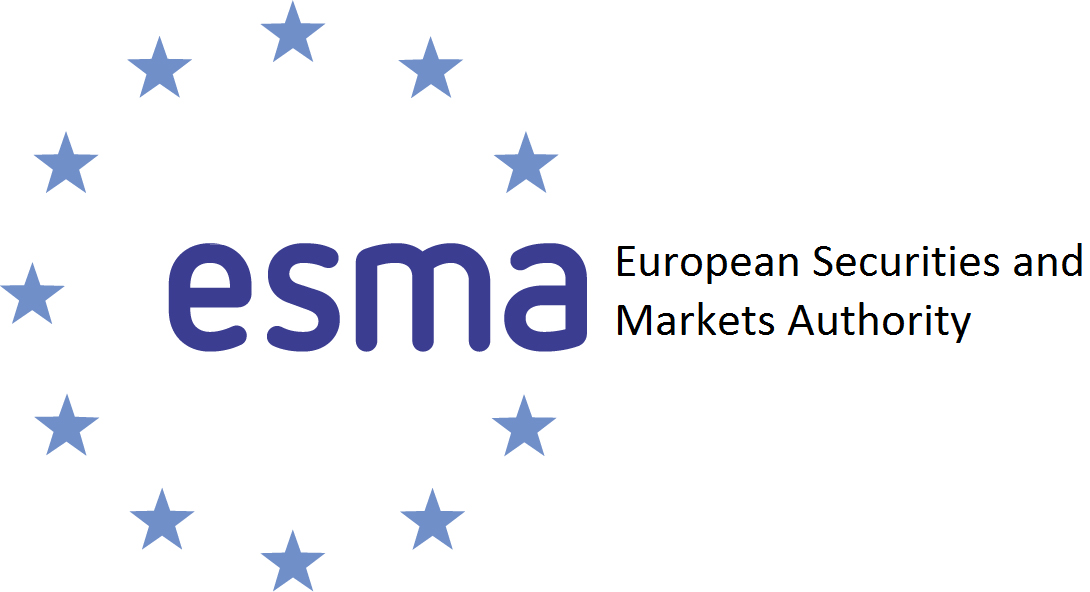The way the EU ranked the Sustainable Finance Disclosure Regulation (SFDR) from ‘unsustainable’ Article 6 to ‘dark green’ Article 9 created a commercial opportunity for asset managers willing to engage in “intellectual dishonesty”, according to Stephanie Mielnik, director of research at the Anthropocene Fixed Income Institute (AFII).
Speaking to ETF Stream, Mielnik (pictured) said the regulator’s SFDR categories created an “unfortunate dynamic” where ETF issuers have been encouraged to knowingly overstate the sustainable credentials of their products to attract assets.
“It is an issue because ranking one category above another encourages asset managers to have a bit of intellectual dishonesty around the true purpose of their funds because they want to maximise flows,” Mielnik said. “There is a commercial reason behind that and for me the regulator did not properly address how to classify ESG strategies.
“By putting one above the other, they created confusion and competition for getting as many Article 9 funds as they should.”
Mielnik said the EU should have instead created clearly defined buckets corresponding to different fund methodologies such as ‘exclusionary’ and ‘best-in-class’ for ESG broad market ETFs and ‘impact’ for green thematic ETFs.
“The regulator did not mean for the labels to have the effect they have had but that is the market reality that has unfolded and it shows a bit of disconnect between the regulator and other participants,” she added.
More than $57bn of assets across more than 70 ETFs – previously making up 70% of ETFs classified as Article 9 – were reclassified to Article 8 ahead of SFDR ‘level 2’ implementation in January, according to data from Bloomberg Intelligence.
Mielnik said the shift of many broad market equity and fixed income ETFs to Article 8 should not be seen as a loss but rather a repositioning to their appropriate label and asset managers “taking a more serious approach” to the regulation.
“I do not like the word ‘downgrade’ because Article 8 should not be thought of as ‘worse’ than Article 9,” she continued. “They just have different purposes.
“A pension fund with a global allocation cannot have all your assets in Article 9. Some will need to be in Article 8 global market index products. I really do not like ‘downgrade’, it is ‘reclassification’.”
However, a great degree of confusion remains over how to classify different shades of ‘green’ such as broad market exposures applying more stringent Paris-Aligned Benchmark (PAB) criteria.
Last September, DWS asked the European Supervisory Authority (ESA) whether PAB funds could be deemed to fulfil the conditions of Article 9 in conjunction with the definition of sustainable definition set out in Article 2 of SFDR. In December, it voluntarily reclassified 10 PAB ETFs after receiving no conclusive response from the regulator.
Mielnik said the precautionary decision made by many asset managers to reclassify their PAB ETFs is because the products still offered broad market rather than specialised exposures, however, the Securities Market and Stakeholder Group (SMSG) – a group advising the EU – disagreed and argued in January PAB funds should be labelled Article 9.
Amid continued lack of agreement on how to segment the contentious ESG fund, rating and data spaces, disagreement and more eyes on regulators such as the European Securities and Market Authority (ESMA) will likely define 2023.
Mielnik’s points echo those made by France’s Autorité des Marchés Financiers (AMF), which found SFDR is being “misinterpreted” by investors as a guarantee they are financing a more sustainable economy.
“The notion of ‘sustainable investment’ set out in Article 2 of SFDR is worded in vague terms, and its implementation by financial actors, has resulted in very different understandings of what sustainability is,” the AMF said.
“Therefore, it appears that SFDR has created a gap between the reasonable expectations expressed by investors and the reality of the practices and fuelled greenwashing.”





